What fruits should not be juiced ? This is the question that everyone wants to know when thinking about enjoying a glass of fruit juice. This is a completely reasonable question because some fruits are difficult due to texture, flavor, or the effort required to extract juice from them. In this article, we’ll explore seven fruits that aren’t typically juiced and discuss why they might not be the best choice for your juicing efforts.
What fruits should not be juiced ?
Bananas
Can you juice bananas? No, you can’t juice a banana.
Bananas are a beloved tropical fruit known for their natural sweetness and creamy texture. While they are a fantastic addition to smoothies, they are not typically used for juicing. The main reason is their thickness and the fact that they don’t produce a substantial amount of liquid when juiced. Bananas are better suited for blending into smoothies, where their creaminess can add a delightful thickness to your beverage.
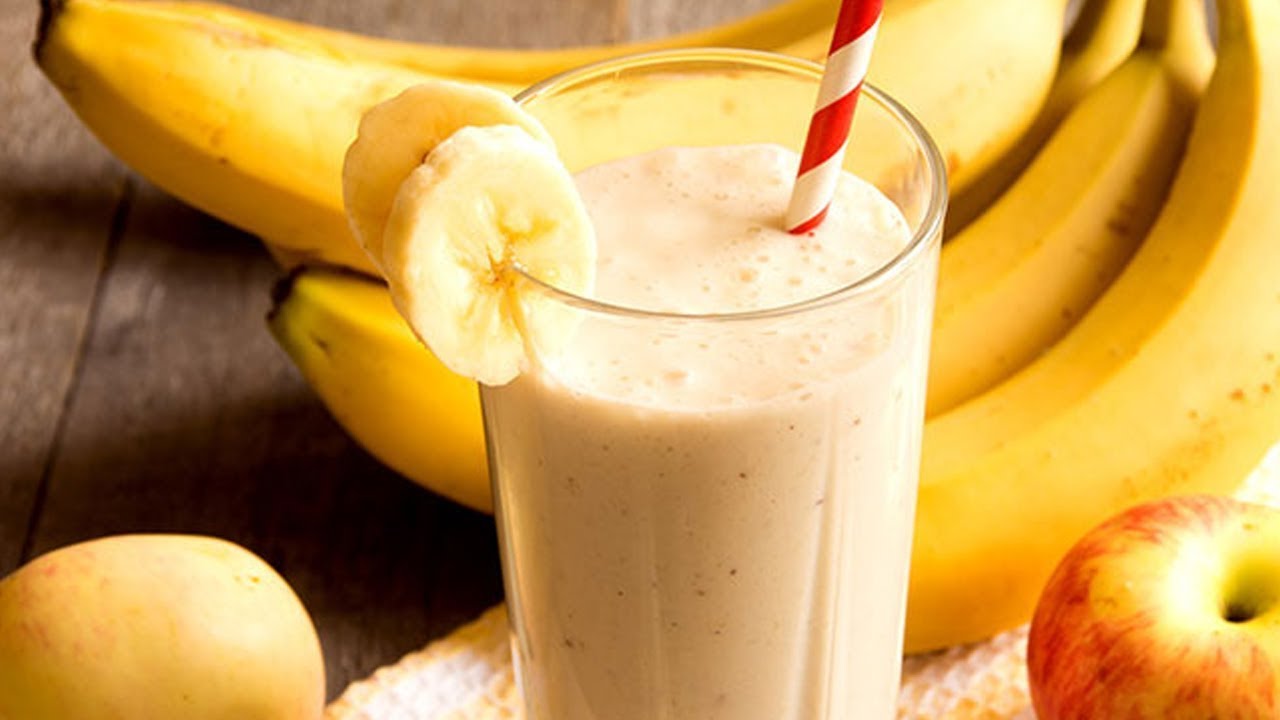
Also as Plantains, this fruit are starchy, banana-like fruits that are typically cooked or fried before consumption. They are not commonly juiced due to their starchy nature and the fact that they are more often used in savory dishes. Plantains can be a tasty addition to your meals, but they are not a go-to choice for juicing.
Avocado
Can you juice Avocado? No, you can’t juice an avocado.
Another creamy fruit, the avocado, is rarely juiced. Avocado’s texture and flavor are better suited for savory dishes, salads, or spreading on toast. Juicing avocados can be a challenging task due to their high fat content and creamy consistency. It’s best to enjoy avocados in their more traditional culinary applications.
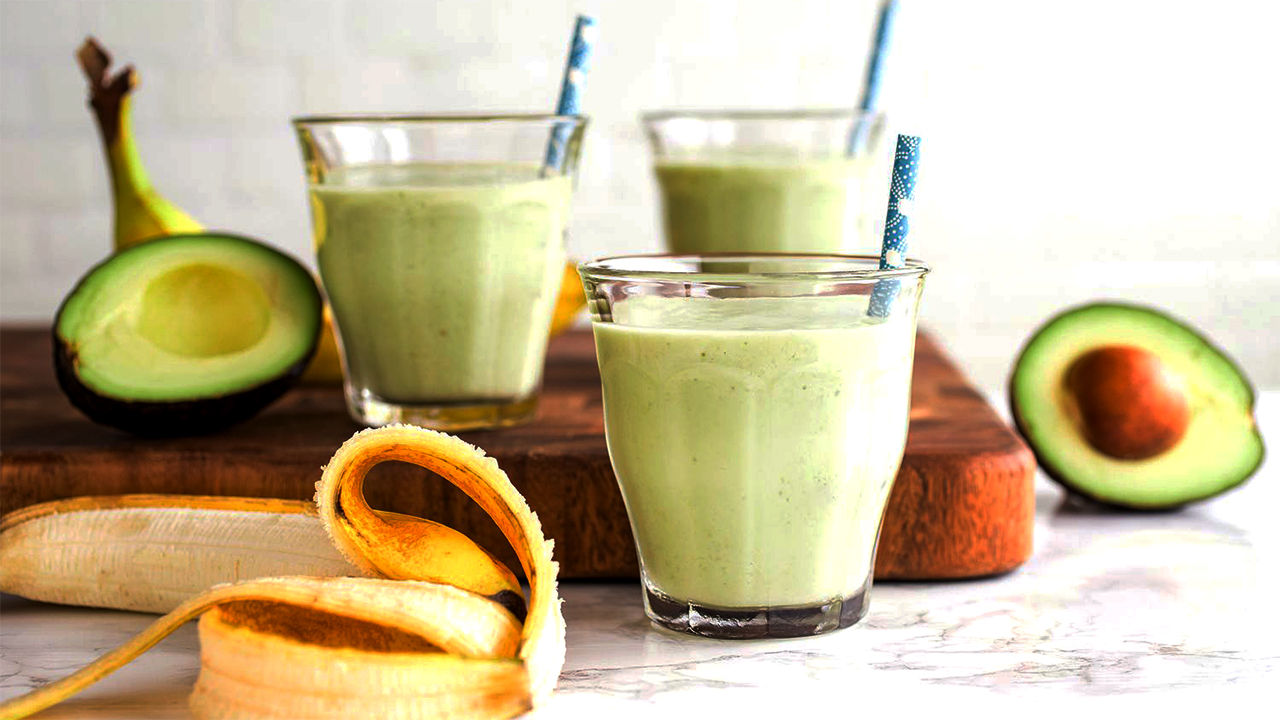
Kiwi fruit
Can you juice Kiwifruit? Yes, but you shouldn’t.
Kiwifruit, with its vibrant green flesh and tiny black seeds, might not be your first choice for juicing. The seeds can add bitterness to the juice, and the fruit’s texture can be challenging for some juicers to process effectively. While it’s possible to juice kiwifruit, it’s not as common as other fruits like oranges or apples.
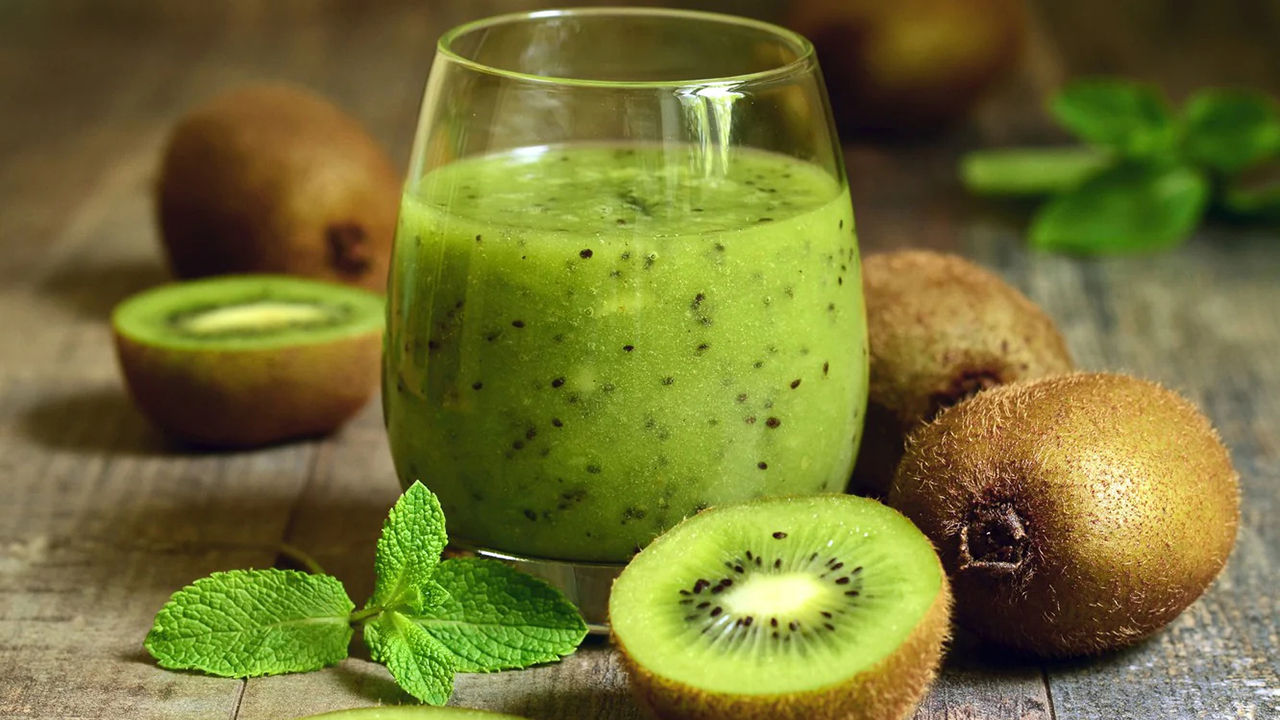
Papaya
Can you juice Papaya? Yes, but you shouldn’t.
Papaya is a tropical fruit known for its sweet, orange flesh and unique flavor. While it can be juiced, it’s not as popular as fruits like pineapple or watermelon. The texture and flavor of papaya can be somewhat polarizing, and some may prefer to eat it fresh or incorporate it into fruit salads.
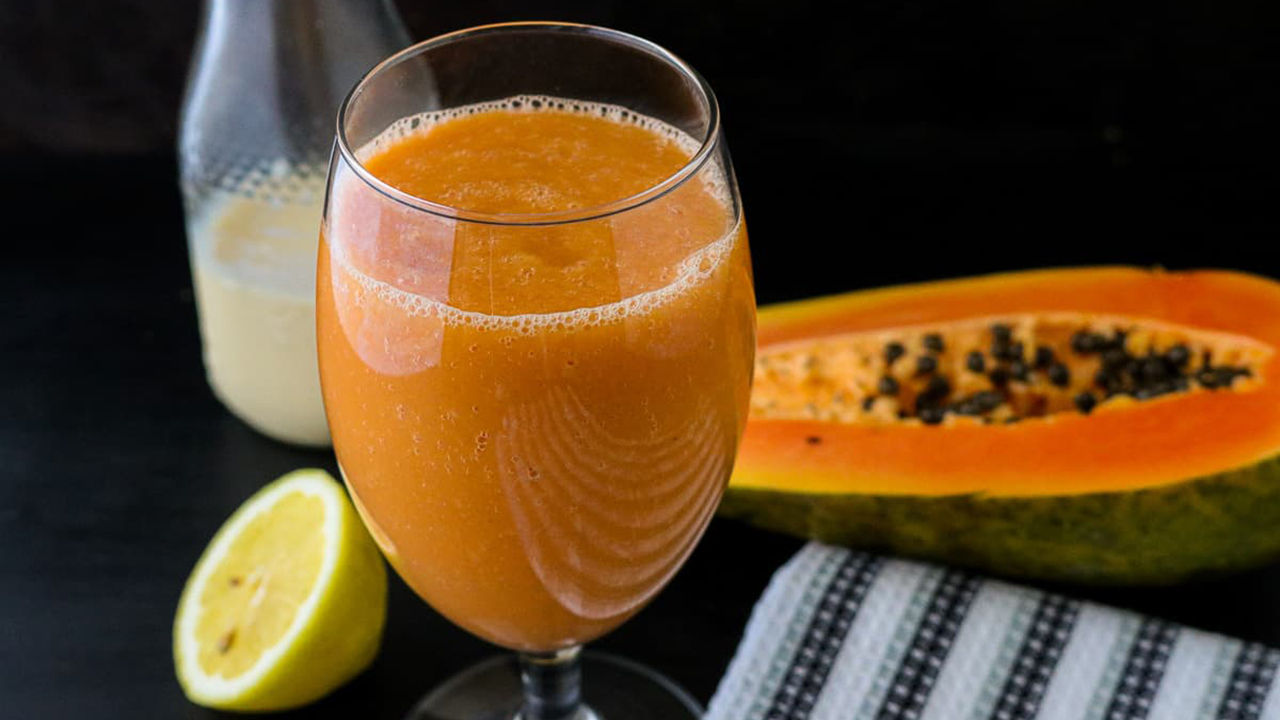
Lychee
Can you juice Lychee? Yes, but you shouldn’t.
Lychee is a tropical fruit with a sweet and floral flavor. However, it is not typically juiced due to the small amount of flesh surrounding a large seed. Extracting juice from lychee can be labor-intensive and may not yield a significant quantity of juice.
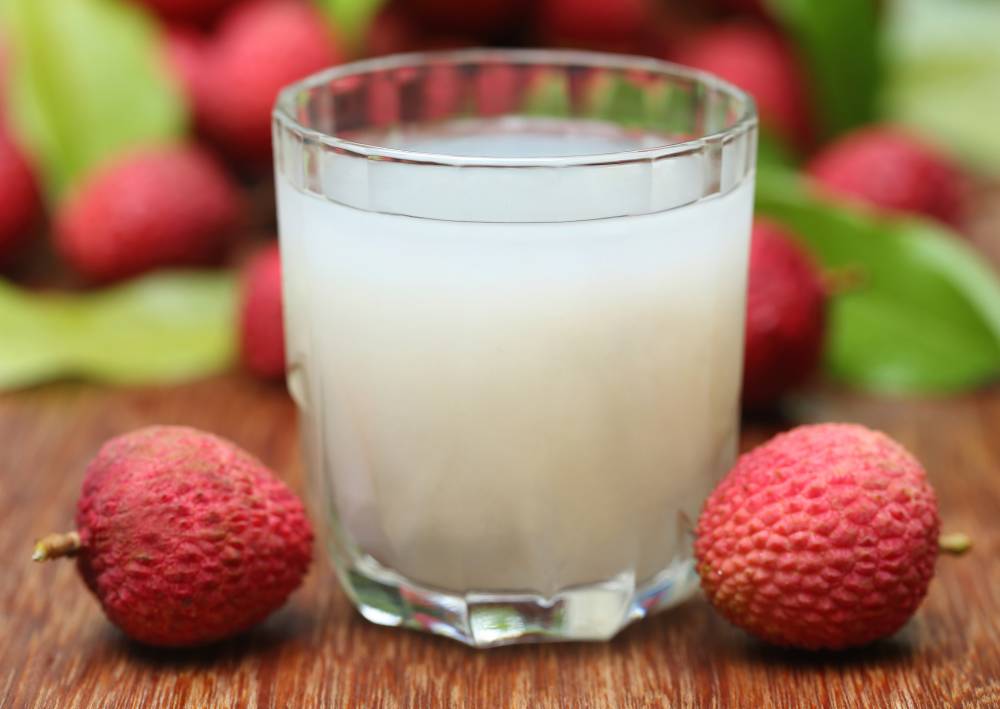
Read more: Burn Belly Fat, Drink These 8 Amazing Drinks
Fig
Can you juice Figs? Yes, but you shouldn’t.
Figs are sweet, soft fruits with a unique, slightly grainy texture. While they can be eaten fresh or dried and are commonly used in various recipes, they are not commonly juiced. The high sugar content and the need to remove the tough stem make figs less suitable for juicing. Instead, enjoy fresh figs as a snack or incorporate them into your favorite dishes.
Blueberries
Can you juice Blueberries? Yes, but you shouldn’t.
Blueberries are small, sweet, and packed with antioxidants, making them a popular choice for various recipes. However, they are not commonly juiced on their own due to their size and the fact that they do not yield much juice. Blueberries are better enjoyed in smoothies, yogurt, or as a topping for cereals.
What fruits should not be juiced together?
Mixing incompatible fruits can result in a less palatable juice or even lead to digestive issues. By understanding which fruits should not be juiced together, you can create harmonious and enjoyable juice blends.
1. Citrus Fruits and Sweet Fruits
Citrus fruits are tangy due to high citric acid content and can overpower other fruits. Sweet fruits have a milder taste. Mixing citrus with sweet fruits can cause fermentation and digestive problems. It’s best to juice citrus separately or with other citrus fruits for a balanced flavor.
2. Melons and Acidic Fruits
Melons like watermelon and cantaloupe are refreshing and hydrating fruits. However, when combined with acidic fruits like pineapple or strawberries, the enzymes in the melons can interfere with digestion, leading to bloating, gas, and discomfort. To avoid digestive issues, juice melons separately or pair them with neutral or sweet fruits.
3. Apples and Berries
When juicing berries with apples, the enzymes in the apples can cause the berries to oxidize quickly, resulting in a brownish color and loss of nutrients. So, to preserve the vibrant color and nutritional value of the berries, it is best to juice them separately or combine them with other compatible fruits like citrus or melons.
4. Pineapple and Milk-Based Fruits
Pineapple has a sweet and tangy taste which is great when juiced alone or with other tropical fruits like mango or papaya. However, avoid mixing it with milk-based fruits such as bananas or avocados because the bromelain enzyme in pineapples can curdle the proteins in milk, resulting in a lumpy texture and an unpleasant taste.
5. Cucumber and Citrus Fruits
Cucumbers are hydrating and refreshing vegetables that are often added to juices for their high water content. However, when combined with citrus fruits like oranges or lemons, the enzymes in the citrus can cause the cucumber juice to become bitter and unpalatable. To enjoy the benefits of both cucumber and citrus fruits, it is best to juice them separately and combine them later if desired.
Although fruit juices have many flavors and nutritional benefits, not all fruits are suitable for juicing. Above are some examples of fruits you cannot juice and some that cannot be juiced together. Hopefully, the information above will help you answer the question, “What Fruits Should Not Be Juiced?”
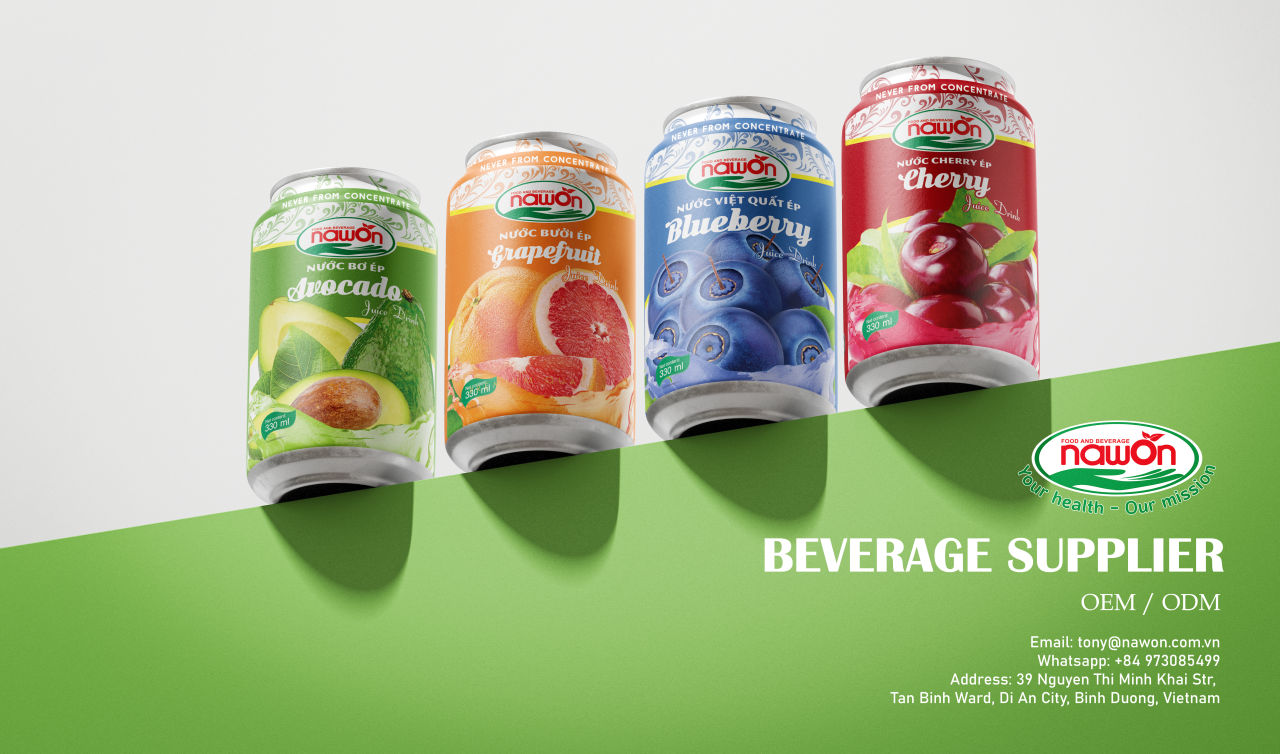
However, there is another way to enjoy juice from the above fruits: you can choose ready-to-drink juice products. They are produced using modern technology by beverage manufacturing brands. Like Nawon Food and Beverage Supplier & Manufacturer, take a look at Nawon wholesale fruit juice.


